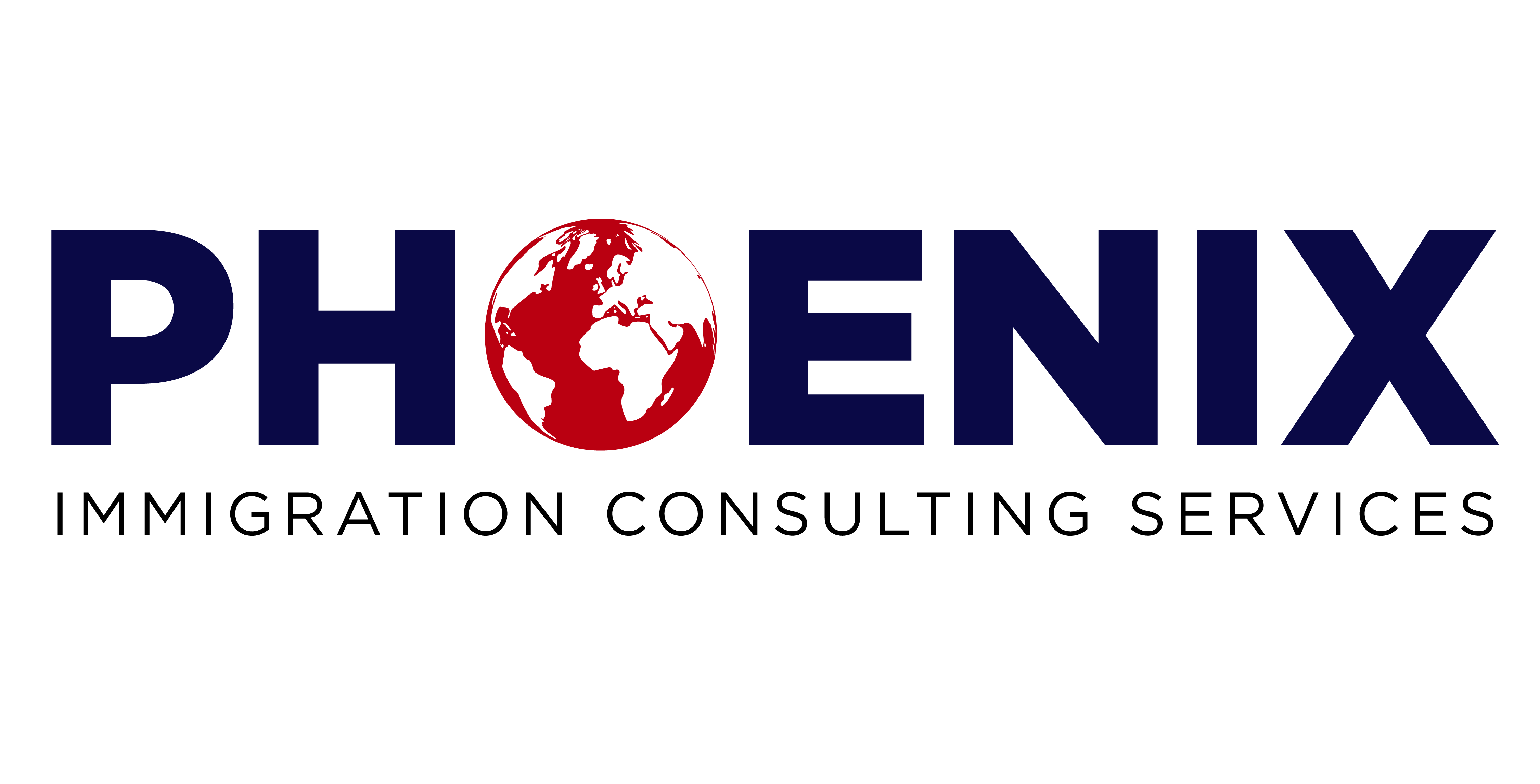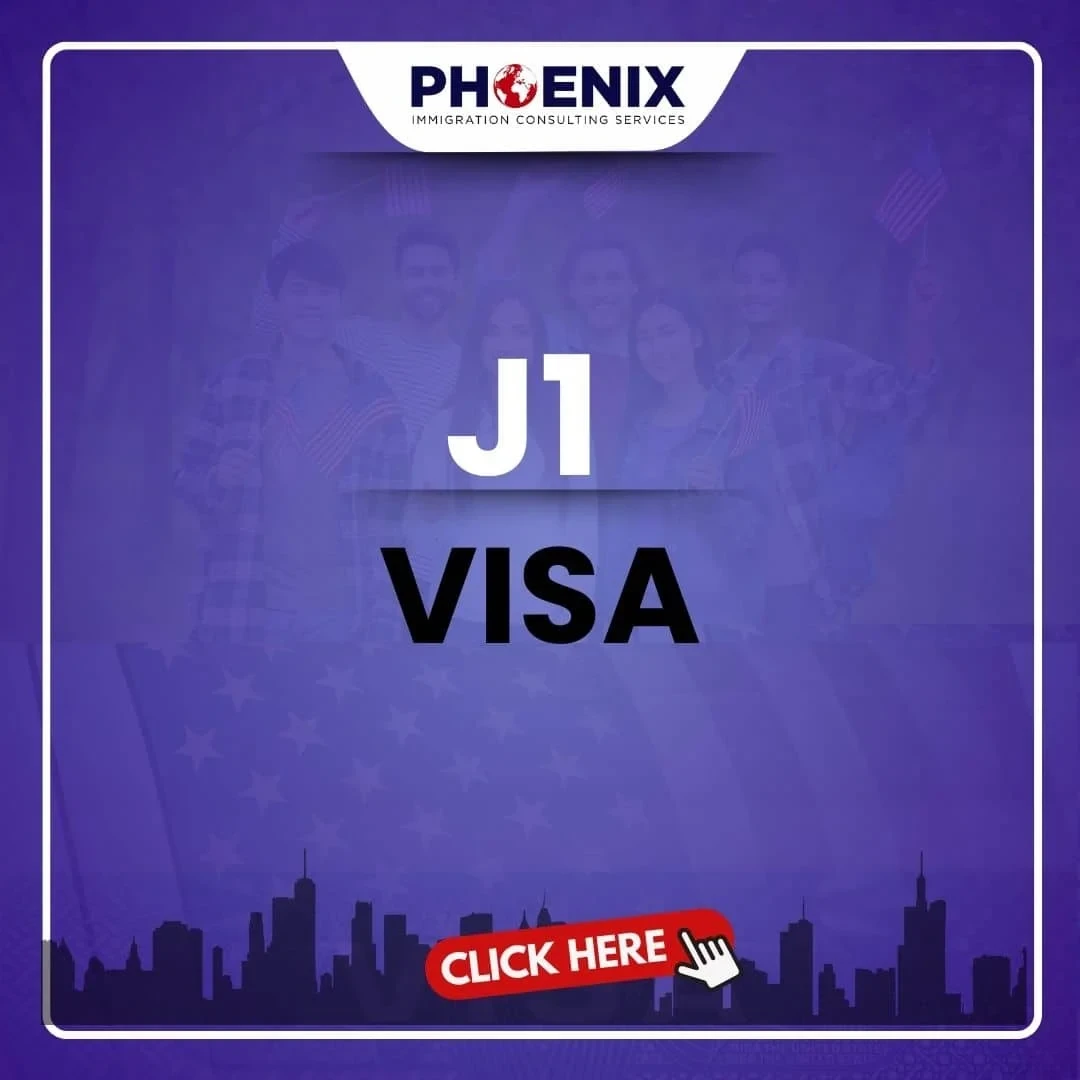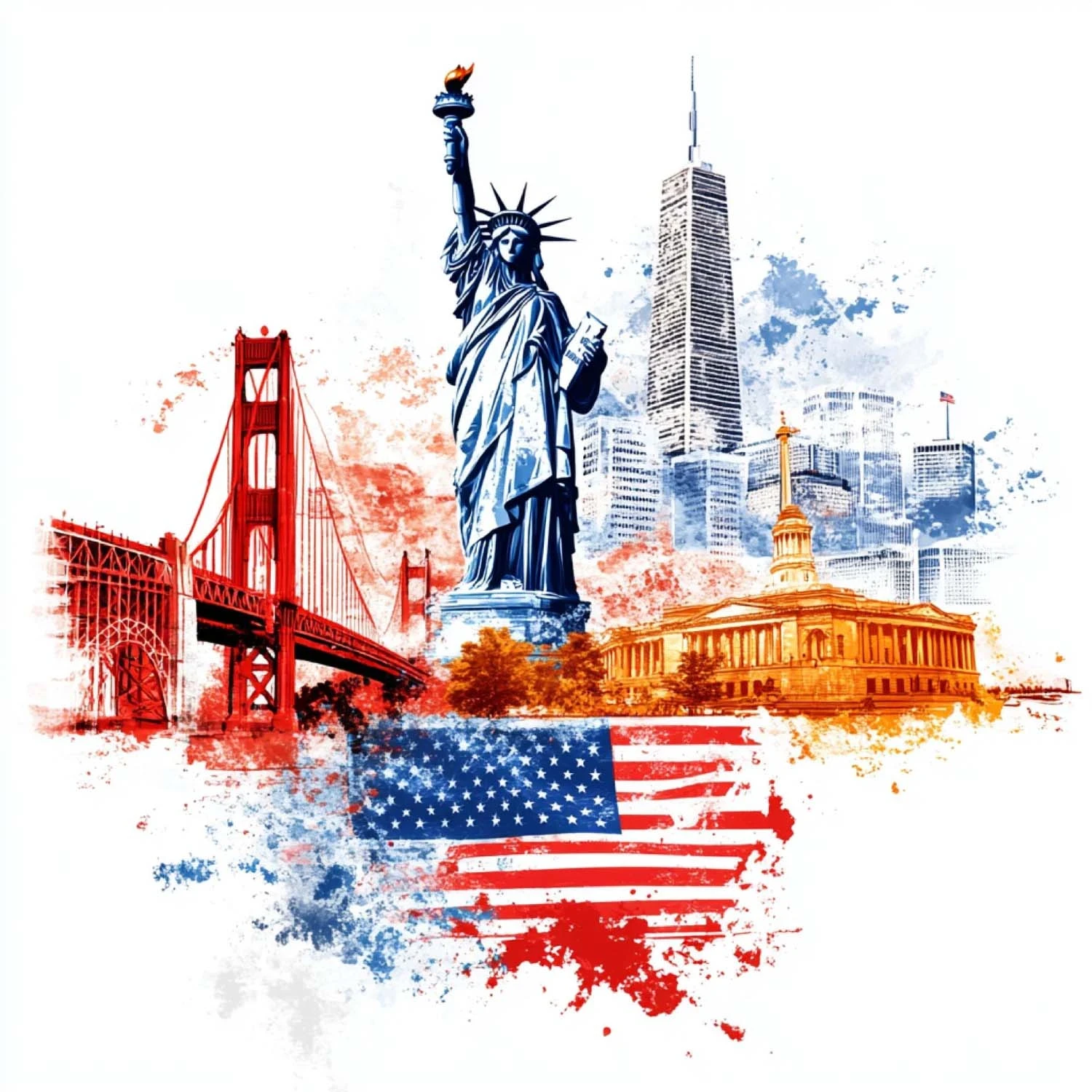J-1 Student Visa Services
Experience Cultural & Academic Exchange in the USA
Are you hoping to study, intern, or culture in the United States? The J-1 Student Visa brings lively American culture to the academic setting to give you a full experience in the USA. Through the J-1 Student Visa, you can immerse yourself in professional training, research, or language and the U.S institutions and communities, and strengthen your global connections.At Phoenix Immigration Consulting Services, we assist you with the entire J-1 visa process and with your U.S. exchange journey. We will help you select a program, prepare to attend the visa interview, and work to assist you in every step to J-1 visa completion.
What is the J-1 Visa?
J-1 visa is a non-immigrant visa and is given to exchange visitor programs certified by the U.S. Department of State. J-1 Visa also helps foster U.S. relations by cultural, educational, and professional exchange. This class of visa helps a large group including, but not limited to: exchange students, college students, interns, trainees, teachers, researchers, medical residents, and au pairs.
To have a valid J-1 visa, you need to have accepted U.S. sponsored programs for exchange and this accepted sponsored program or organization will give you a Form DS-2019 which will be the basis of your visa application.
Who Can Apply?
To get a J-1 Visa, people must join a specific exchange program and get a sponsor’s Form DS-2019. They have to show that they have the money needed to pay for the costs of tuition, living, and other program expenses. These can be personal savings, scholarships, grants, or funds from a sponsor.
Even though the program may be focused on teaching English, they usually require proof of English proficiency using a standardized test or academic records. As a temporary visa, the J-1 Visa expects most program participants to go home after completing the program, with a few exceptions. A couple of categories may also have a two-year home residency requirement. This means participants must go back to their country for two years before they can apply for specific U.S. immigration benefits.
Advantages of the J-1 Visa
The J-1 Visa goes beyond just academics or professional development; it incorporates cultural exchange. This visa offers individuals the opportunity to immerse themselves in American culture, form substantial intercultural bonds, and gain competences to enhance their academic and professional careers.
For some, the opportunity is invaluable and paves the way for future endeavors that involve working together internationally. J-1 Visa holders can also provide family accommodation. Spouses and kids under 21 can accompany holders under the J-2 Visa, and dependents are allowed to study, and even apply for work permission while in America.
The J-1 Visa Process
The steps to acquiring a J-1 Visa start with being accepted into a U.S.-based exchange program that has been authorized. After being accepted, the program sponsor sends them Form DS-2019 which outlines the purpose, time period, and stipulations of the program.
When the applicant has this form, they can proceed to pay the SEVIS I-901 fee, fill in the DS-160 online visa application, and book an interview at the U.S. Embassy or Consulate in their country of origin.
The consular officer determines the applicant's intent regarding the visit, finances, for the stipulated period, and the provided/presented documentation requested, and/or a combination of factors. After the visa is approved, they are allowed entry to the U.S. 30 days before the program is scheduled to start.
Required Documents
Before you begin the application process, ensure you have the necessary documents: valid passport (to be stamped more than six months upon return), DS-2019, SEVIS fee receipt, DS-160 confirmation page, visa appointment confirmation, and a passport-sized (US specifications preferred) photograph.
Financial documents are also needed which demonstrate you are able to pay tuition and living expenses. Depending on the category, you may also be asked to provide your academic records, diplomas, and certificates that prove your proficiency in English.
How Phoenix Immigration Supports You
Phoenix Immigration Consulting Services looks at every step of the J-1 Visa procedure with the help of applicants. The process starts with eligibility determinations. Here, the academic history, professional aspirations, and financial situations of participants are analyzed to determine the appropriate sponsor and program.
We assist in the completion of all the relevant forms and documents, including the DS-2019 and DS-160, and help to ensure all documents adhere to U.S. consulate requirements. For reassurance, we offer tailored interview coaching, which includes mock interviews that prepare candidates to face the actual consulate interview questions.
Our support doesn’t cease after the visa is stamped; we continue to provide assistance with J-2 dependent processing, program extensions, and pre-departure arrangements. This is to ensure there is no anxiety during the period of the exchange.
Understanding the Timeline
The recommended timeframe to start the J-1 process is three to six months before the sponsor start date. Generally, Form DS-2019 will be issued several weeks after program acceptance. Payment of the SEVIS fee should be completed before executing the DS-160 application.
Visa interview appointments usually fall within four to six weeks prior to the candidate's intended travel date, and the visa decision is made within three to ten business days. Approved participants can enter the U.S. no more than thirty days before the program start date, which provides adequate time for the participant's orientation and program readiness.
Why Choose Us?
While the J-1 Visa application process may seem overwhelming and complicated, time-sensitive, and stressful, Phoenix Immigration Consulting Services strives to be the reliable and trustworthy partner to clients in this type of situation.
We prioritize clients' specific needs and communicate our intention of ensuring all requirements are complete on time. We aim to relieve clients of complicated processes and ensure they are complete in a timely fashion. With our services, applicants can have a clearer, more streamlined process, easing all the stress associated.
Begin Your Journey Today
The J-1 Visa provides incredible cultural as well as educational opportunities. Phoenix Immigration Consulting Services is here to allow you to focus on your growth while we work on the multifaceted and intricate process.
📞 Contact us today to schedule your consultation and take the first step toward your U.S. exchange journey with confidence.


